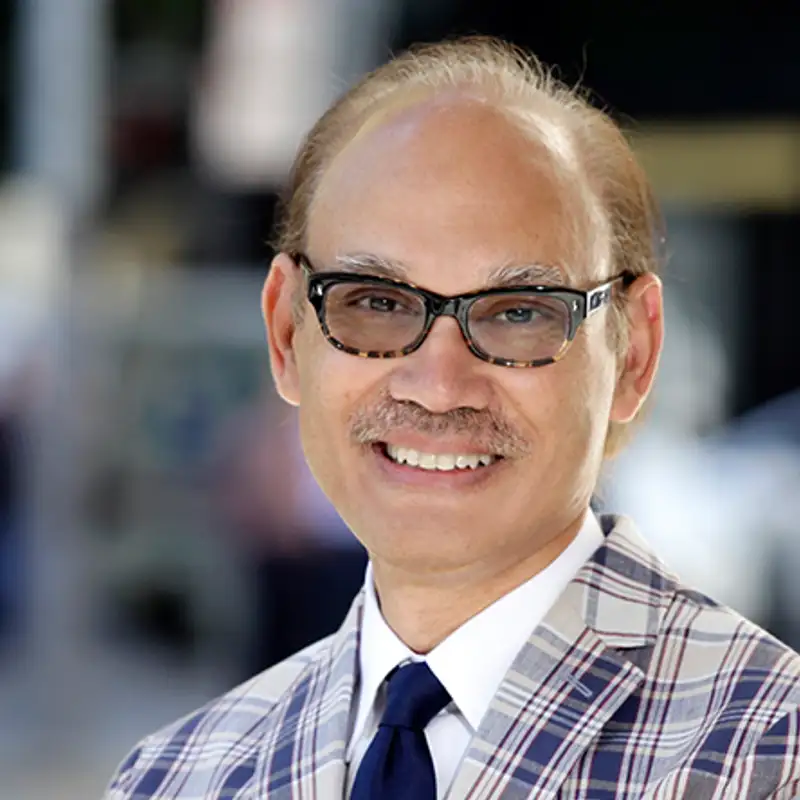Dr. Ahmad Faruqui on Utility Rate Design and Strategies
Download MP3In this episode of Flanigan’s Eco-Logic, Ted speaks with Ahmad Faruqui, an energy economist whose distinguished career working with electric utilities encompasses expert rate design, demand response program structures, the integration of distributed energy resources into the grid, demand forecasting, decarbonization, electrification and energy efficiency, and load flexibility.
In his career, Dr. Faruqui has advised some 150 clients in 12 countries on 5 continents and appeared before regulatory bodies, governments, and legislative councils. He has authored or coauthored more than 150 papers in peer-reviewed and trade journals and co-edited 5 books on industrial structural change, customer choice, and electricity pricing. He has taught economics at San Jose State University, the University of California, Davis, and the University of Karachi and delivered guest lectures at Carnegie Mellon, Harvard, Idaho, MIT, New York University, Northwestern, Rutgers, Stanford, UC Berkeley, and UC Davis.
He and Ted discuss his background, born and raised in Pakistan post partition, studied Economics and went into Civil Service before moving to the US and attending UC Davis for his PHD, which led to work in forecasting for the California Energy Commission. While working in energy, Dr. Faruqui still remained very engaged with defense policy in his home country, becoming the leading voice in mainstream conversations about Pakistan in the US post 9/11. He has carried out in-depth analyses of Pakistan's defense policies, evaluating the multiple dimensions of national security, the combat effectiveness of armies, and the consequences of spending more on the military dimension and less on the social, cultural and economic dimensions of national security.
He shares his journey in the energy world, highlighting the Demand and Conservation Program at the Electric Power Research Institute (EPRI), as well as his consulting works at The Brattle Group. He also shares the more contentious parts of the journey, seeing the utility industry go from basic rate structures to more sophisticated rates, leading to the question of what rates do in the ideal that help society, and diving into the net energy metering / net billing issue.
He concludes by sharing the energy efficiency improvements he's made in his home over the years, including changing HVAC equipment, installing rooftop solar, adding battery for backup during outages, and buying an EV, all leading to bill savings and happiness as a result.

